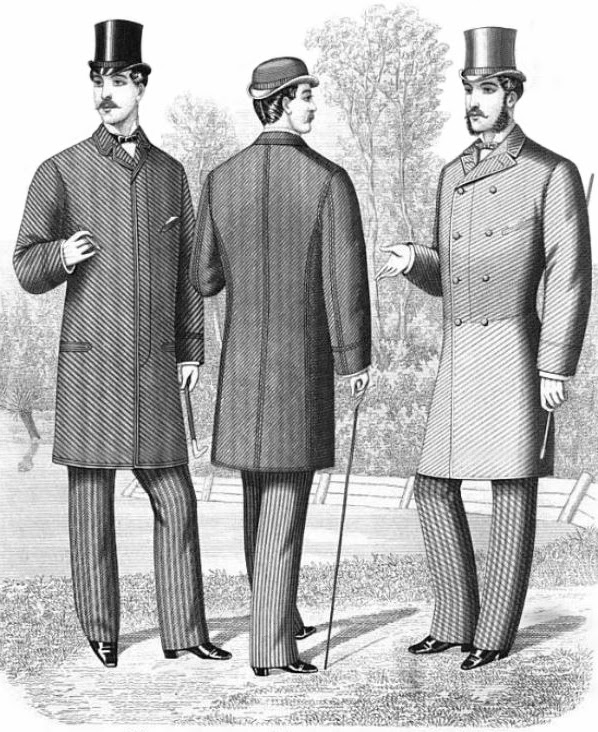Repost – Gentlemen and capitalism: some questions
by Dave Postles, University of Hertfordshire
Consequent upon Wiener’s and Rubinstein’s research respectively into culture and industrial capital and ‘men of wealth’, Cain et al. embarked upon the elucidation of ‘gentlemanly capitalism’, which has become a paradigm of English entrepreneurship, status and the performance of the economy.(1) Perhaps, however, we can illustrate a dichotomy by reference to contemporary literature and ethnographic writing. Ostensibly, Henry Wilcox represents this ethos of gentlemanly capitalism, although his company is a commercial enterprise rather than industrial. We should recollect, however, that, although he purchased the Onibury estate (Clun, Shropshire), he really was not enamoured of the countryside, visited the estate rarely, and abandoned it when an unpleasant incident occurred there. Nor was he especially attracted to his wife’s Howards End. His countenance of both arose from expectations of status and family rather than a desire to enjoy the lifestyle of the country elite. His natural environment was the City.(2) In contrast, Jack London excoriated the 400,000 gentlemen in the 1881 census, ‘of no occupation’ and ‘unprofitable’.(3) Such a number could not have been composed of either retired industrialists or ‘men of wealth’.
Read the full article here: http://davelinux.info/wordpress/?p=32

